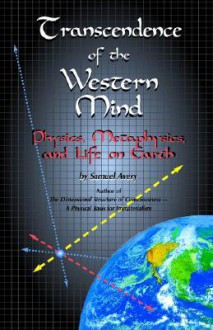 The author had the ability to write the story of the development of understanding our place in the universe and how we fit in it as if he were writing a novel. The narrative flows that well. He's a very good writer.
The author had the ability to write the story of the development of understanding our place in the universe and how we fit in it as if he were writing a novel. The narrative flows that well. He's a very good writer. The author steps the reader through the development of how we think about knowledge. The heavens above, the home of the Gods, are first thought of as perfect: universal, necessary, and certain. Overtime, through rational thought and coupling with experience we start to understand the world around us antithetically namely as particular to the data, contingent to our current understanding and never certain but probable.
I would recommend this book to anyone. Unfortunately, in that recommendation I would have to give a couple of caveats. He gives this bizarre extra place in our understanding of the world to Freud and Jung and he sprinkles it throught the whole text. It amazes me that we ever really got out of the 80s (yes, the book was published in 1993, but he thinks in 80s paradigms) with its non refutable pyshoanalytical thought and its archetypal forms ("I know your repressed because you deny your own repression").
If the reader ignores the author's obvious bias towards pyschobabble, the reader will have one of the best written surveys of human thought and progression they'll ever read within one book.

 Log in with Facebook
Log in with Facebook 








